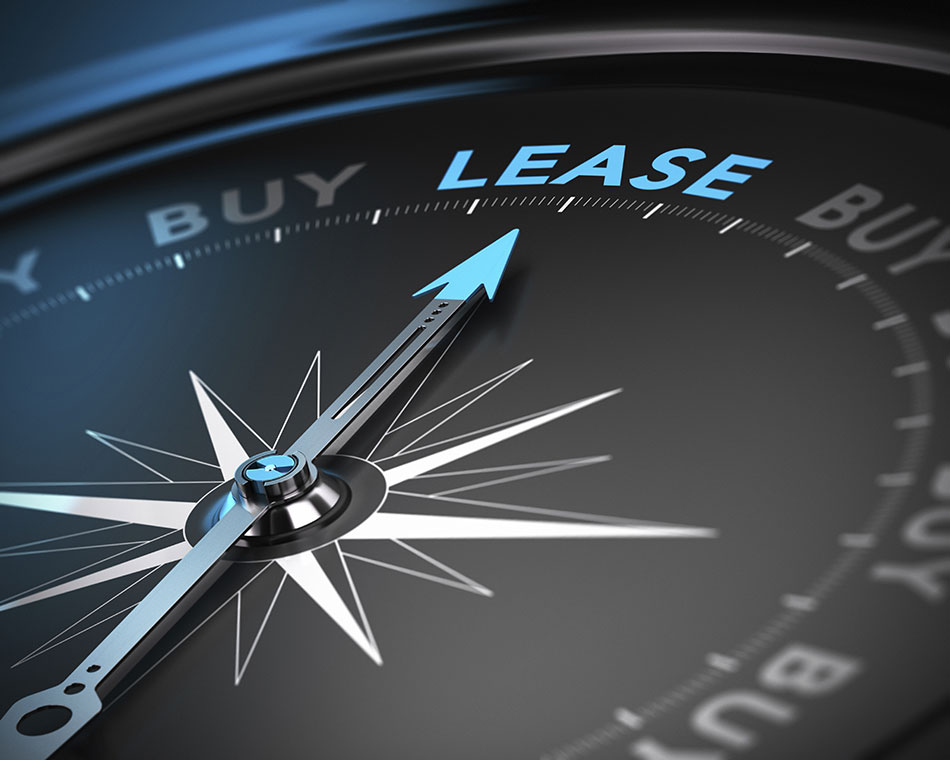Lease or Own

The Woodward Commercial Realty team is frequently asked why a business should lease, rather than own, a building.
The needs of each business are unique. Contact us for answers about what is right for your business, as you consider the many aspects of leasing and owning.
Below are a few of the factors to consider as you make the lease vs. own decision.
Return on Investment
Compare your return on equity (owning) with return on investment (leasing). Start by comparing the after-tax cash flow for both scenarios.
After-Tax Cash Flow: Ownership Scenario
- Interest expense
- Depreciation schedule
- Property appreciation/depreciation
- Income taxes: federal, state, and local
- Payment of principal (Neither down-payments nor repayments are expense items.)
After-Tax Cash Flow: Leasing Scenario
- Base rent expense
- Percentage of rent expense (showing any rent escalators)
- Property appreciation
- Income taxes (first three components multiplied by borrower’s marginal tax rate)
Operation Cost
Are your capital investments capable of producing higher rates of return when they are placed in your core business cycle or when they are placed in real estate investment? In most instances, the more profitable opportunities exist within a company’s core business cycle, rather than in real estate ownership.
Value of Time
As a business owner or manger, you must evaluate how much time will be spent managing a building project or overseeing your investment in a building versus spending the same time overseeing core business operations.
Business Value
In today’s business environment, the value of a business is based more on cash flow than on asset value. Value created by cash flow far exceeds the likely appreciation of a real estate investment.
Cost of Money
Interest rates are closely monitored by all sections of the business world and have a definite impact on your real estate investment returns.
Construction Costs
Many facility construction projects begin with a budget but proceed with the issuing of change orders by the general contractor, causing building costs to inflate beyond budget.
Woodward Commercial Realty sets the lease rates of our build-to-suit/lease projects in conjunction with the building plans. Once agreed upon, Woodward guarantees that your lease rate will not change because of material cost increases.
Cost of Land
When a development company sells a piece of land, the company purchasing it recognizes an immediate tax burden. The retail value of the land is that tax burden combined with the property value. The lease value of the land is realized when the development company converts the same piece of land into a build-to-suit project. No immediate tax burden is created and the developer is able to pass along discounted land values to the lessee.
Location
Location goes beyond asset value. It determines whether a property will allow for any future expansion or how easy it will be to sell should the business need to move or close. Often the ideal location for a company is part of a block of land zoned for commercial use and equipped with the necessary utilities and infrastructure, but available only for build-to-suit/lease arrangements.
Financing Risks
Whether you decide to lease or own, the level of financing risk your business faces depends on:
- The type of financing structure available to you
- The market’s varying interest rates
- Contingent liabilities
- Documentation risks
- Future financing needs: Does your business have the ability to borrow additional funds for both real estate investments and balance sheet items?
Competition
If your competition is leasing, then they are putting their capital into their core business cycle and gaining all the advantages of leasing. That’s something to consider when making your lease-vs.-own decision.
We Can Help
Don’t walk alone through the complex decision of whether to own or lease. Put the expertise of the Woodward Commercial Realty team to work for you. We’re here to help. Contact us today.
